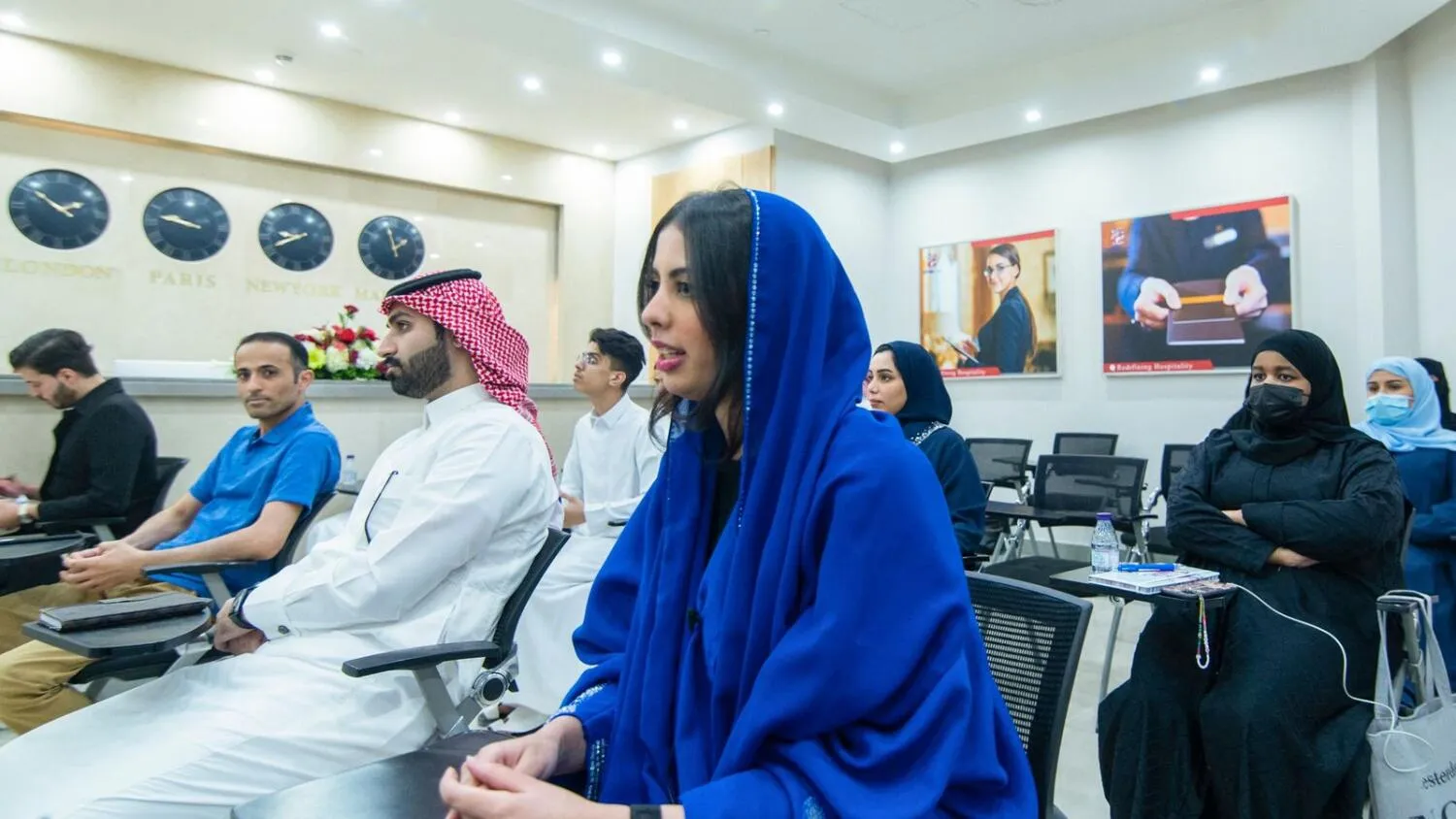As part of the efforts supporting researchers and promoting education on the historical, social, and political perspectives in Saudi Arabia and the Arab world, the Saudi culture ministry announced the names of the winners of research grants dedicated to building historical knowledge.
On the occasion of the Founding Day that Saudi Arabia celebrated recently for the second year, the culture ministry launched new research grants targeting researchers and historians.
Dubbed “Research Grants 1139 of the Founding Day”, these grants are given annually in collaboration with the King Abdulaziz Foundation for Research and Archives to support the studies on the foundation of Saudi Arabia by Imam Muhammad bin Saud in 1727 and its political, social, and economic aspects.
Dr. Mojeb al-Zahrani, former general director of the Arab World Institute (IMA), said this form of support of research and scientific efforts will make a huge difference in the path of every community.
He said that the step taken by Saudi Arabia to support researchers, especially the younger ones in the scientific and cultural fields, will play a major role in boosting the evolution and accomplish the goals of Vision 2030.
Zahrani also noted that these steps will promote the Saudi leadership in many fields, and the same applies to universities, research centers, and the scientific and cultural institutions. He stressed on the importance of sustaining support based on a clear vision and regulated mechanisms in order to turn Saudi Arabia into a scientific hub.
During an interview with Asharq Al-Awsat, Zahrani explained that the Arabic universities have turned into large schools whose role is limited to graduate students and give diplomas, with few exceptions worth considering.
He noted that communities and states build on education as a power for advancement. He also believes that the problem with the wide Arab world is that it doesn’t recognize the value of education and lacks scientific productivity and thought.
“What keeps the Arab individual from engaging in this productive scientific circle? Many western universities, classified among the wealthiest in the world, rely essentially on the revenues of scientific research, and compete with the private universities to own their own research publications,” he explained.
“Supporting research in the Arab world is a pivotal matter, and all hopes to end this civilizational recession hang on education and the few stable Arab countries that support research and scientific efforts and applications," he added.
Alongside the scholarship programs founded by Saudi Arabia as part of its strategy to encourage the cultural sectors and provide them with the qualified, educated, ambitious, and talented human cadres, the research grants contribute to enriching culture and arts, and opening new doors for innovation and cultural expression.
The Saudi culture sector dedicated several research grants in the field of translation to motivate the publication of high-end, independent research, in addition to a grant in “Saudi coffee research” in partnership with the Saudi Coffee Company affiliated with the Public Investment Fund.









